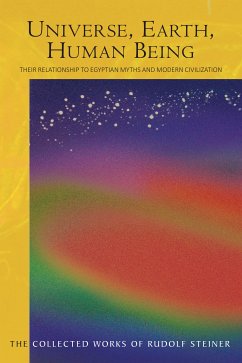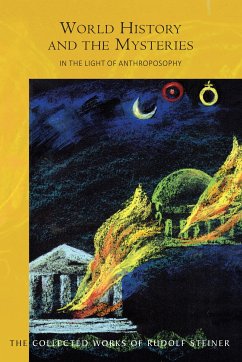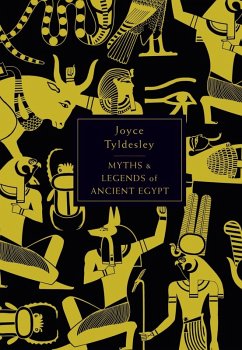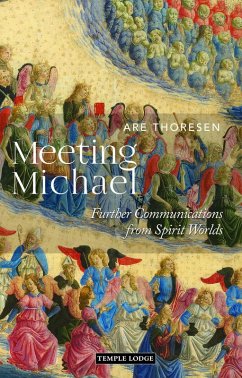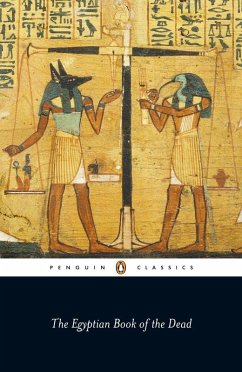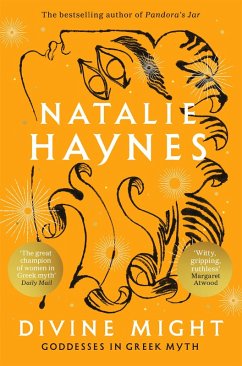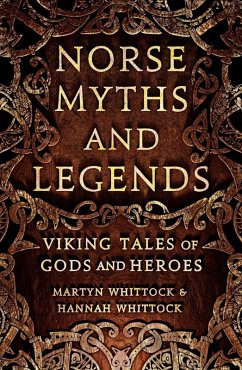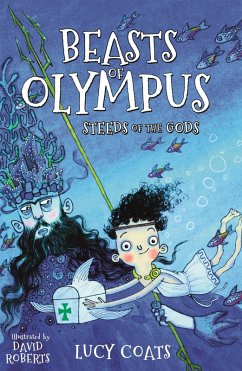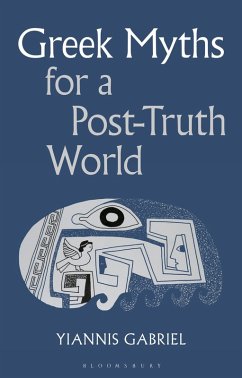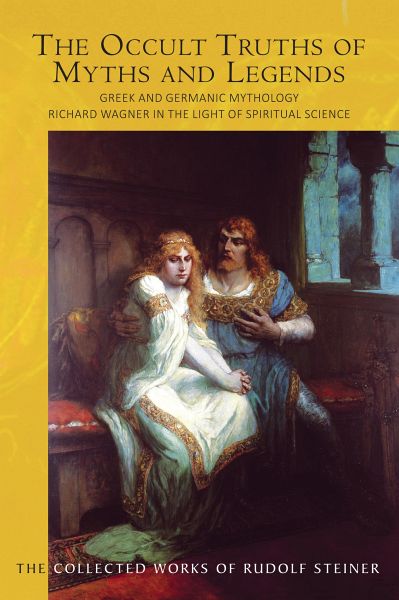
The Occult Truths of Myths and Legends (eBook, ePUB)
Greek and Germanic Mythology. Richard Wagner in the Light of Spiritual Science
Übersetzer: King, P.
Versandkostenfrei!
Sofort per Download lieferbar
14,39 €
inkl. MwSt.
Weitere Ausgaben:

PAYBACK Punkte
0 °P sammeln!
In this series of previously-untranslated lectures, Rudolf Steiner describes how myths and legends portray humanity's most ancient evolutionary and spiritual history. Folklore presents ancient mystical wisdom in the form of stories - clothed in pictures by initiates - that enable individuals to understand their content in a more intellectual form at a later time.Focusing on Greek and Germanic mythology, the lectures in the first part of this volume cover the chronicles of Prometheus, Daedalus and Icarus, Parzival and Lohengrin, the Argonauts and the Odyssey, and the heroic dragon-slayer Siegfr...
In this series of previously-untranslated lectures, Rudolf Steiner describes how myths and legends portray humanity's most ancient evolutionary and spiritual history. Folklore presents ancient mystical wisdom in the form of stories - clothed in pictures by initiates - that enable individuals to understand their content in a more intellectual form at a later time.Focusing on Greek and Germanic mythology, the lectures in the first part of this volume cover the chronicles of Prometheus, Daedalus and Icarus, Parzival and Lohengrin, the Argonauts and the Odyssey, and the heroic dragon-slayer Siegfried. From these focal points, Rudolf Steiner discusses a variety of themes - from the mysteries of the Druids and the founding of Rome to the esoteric background of Wolfram von Eschenbach; from good and evil and the unjust death sentence on Socrates to the significance of marriage..The second part of this book features lectures on the nature and significance of the musical dramas of Richard Wagner. Wagner's works, from his earliest attempts to his most mature opera Parsifal, are discussed from spiritual viewpoints. Although Wagner did not have a fully conscious awareness of the deeper meanings of his compositions, Steiner suggests that his shaping of Germanic legends was driven by an instinctive, creative and artistic certainty that accords with deep occult truths.
Dieser Download kann aus rechtlichen Gründen nur mit Rechnungsadresse in A, B, BG, CY, CZ, D, DK, EW, E, FIN, F, GR, H, IRL, I, LT, L, LR, M, NL, PL, P, R, S, SLO, SK ausgeliefert werden.





